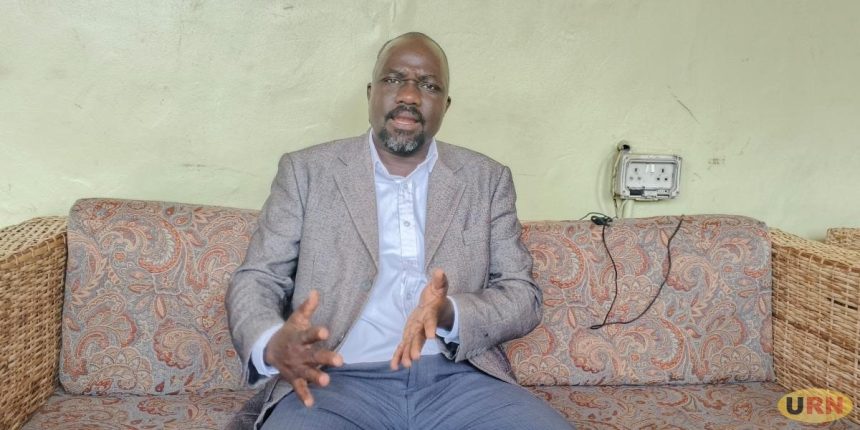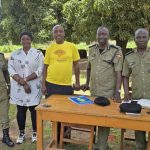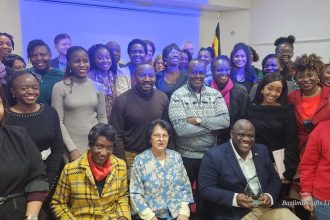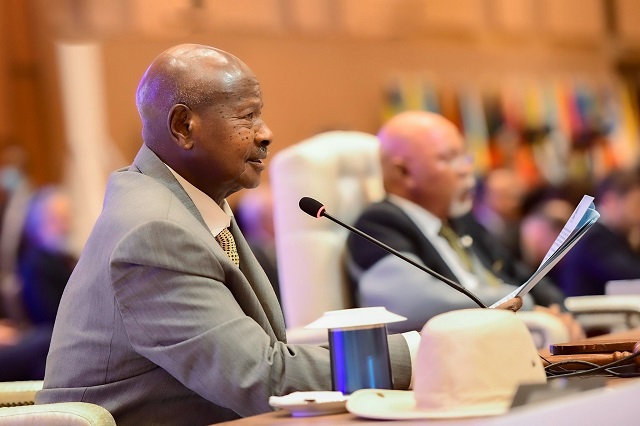As party nominations draw closer and political consultations intensify ahead of the 2026 general elections, aspirants for the Arua City Mayoral seat have begun speaking out against what they describe as a growing wave of mudslinging and malice among candidates and their supporters.
Currently, more than 10 individuals, including incumbent Mayor Sam Wadri Nyakua, have declared their intention to contest for the City Mayor position. Aspirants come from across the political spectrum, with the National Resistance Movement (NRM) fielding the highest number of candidates.
The surge in interest is largely attributed to Nyakua’s earlier announcement that he would not seek re-election, intending instead to retire into private life after two terms—first as Chairman of Arua District and later as Mayor of Arua City. However, recent reports suggest Nyakua has reconsidered and now plans to seek another term, a move that has added new dynamics to an already crowded race.
In the midst of this growing competition, accusations of propaganda, character assassination, gerrymandering, and personal attacks have surfaced. These developments have prompted several aspirants to publicly urge for a more civil and issue-based campaign to avoid inflaming tensions.
Caesar Draecabo, a former President of the Arua City Development Forum and a mayoral hopeful, expressed concern over the spread of misinformation within the various camps. He warned that such actions risk deepening divisions, particularly between the communities of Ayivu and the broader Arua City population.
Similarly, Isa Kato, former Mayor of Arua Municipality and another contender, called on fellow aspirants to steer clear of personal attacks and focus instead on the key challenges facing the city.
Meanwhile, incumbent Mayor Nyakua, in confirming his return to the race, appealed for unity, maturity, and calm during the campaign season. He cautioned against the personalization of politics, emphasizing that divisive rhetoric could fracture the voter base—especially within the Ayivu community.
Several critical issues are shaping the mayoral debate. These include the need to shift rural mindsets to match the city’s urban status, improve poor service delivery since Arua attained city status, address rising youth unemployment and crime, and create a more inclusive political environment.
Arua City, which grew from 10 square kilometers as a municipality to 412 square kilometers as a city, now has four parliamentary constituencies, one City Mayor, two Divisional Mayors, and numerous City Councilors. Despite its cosmopolitan appearance, tribal and religious affiliations continue to heavily influence electoral outcomes.



















